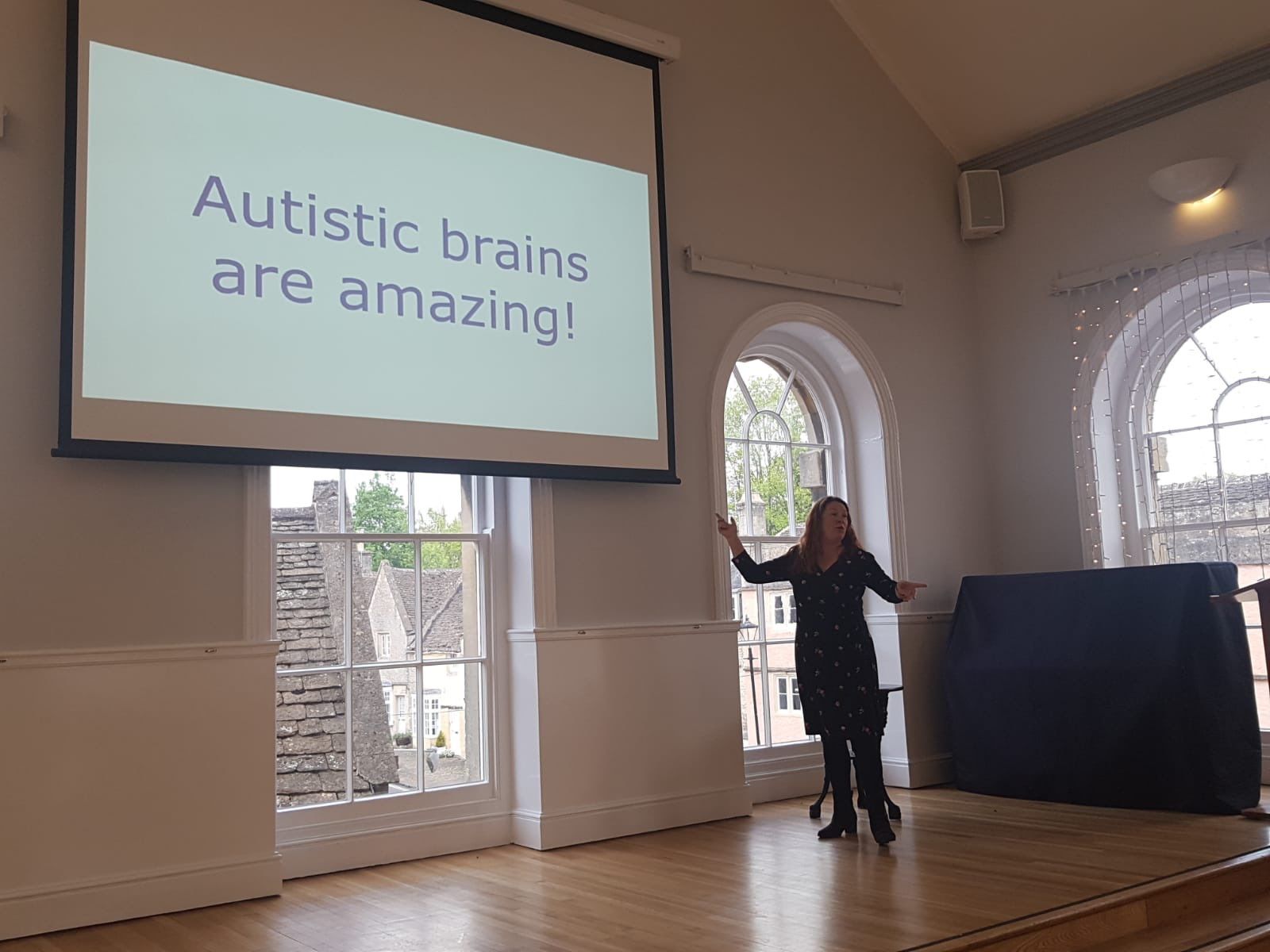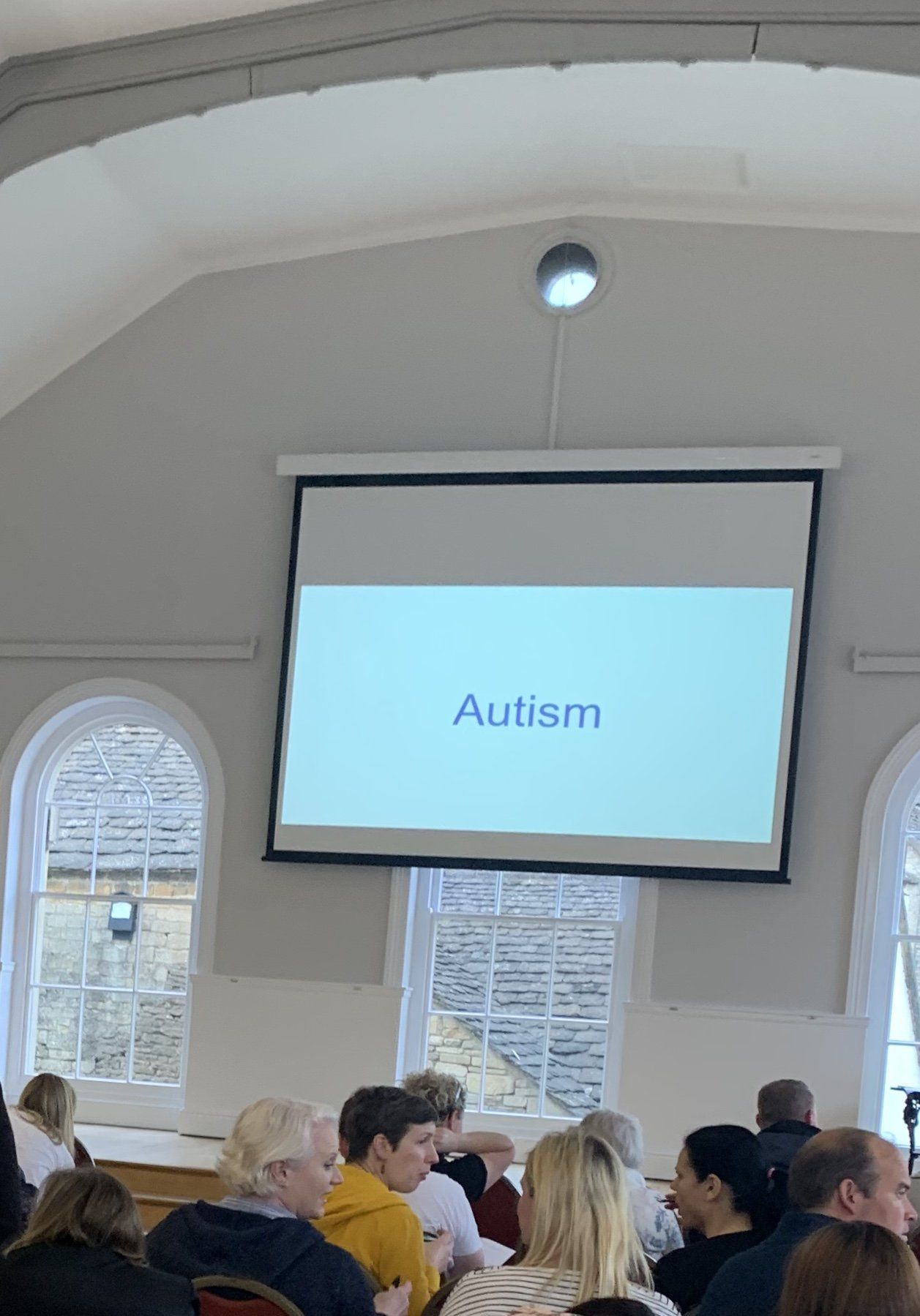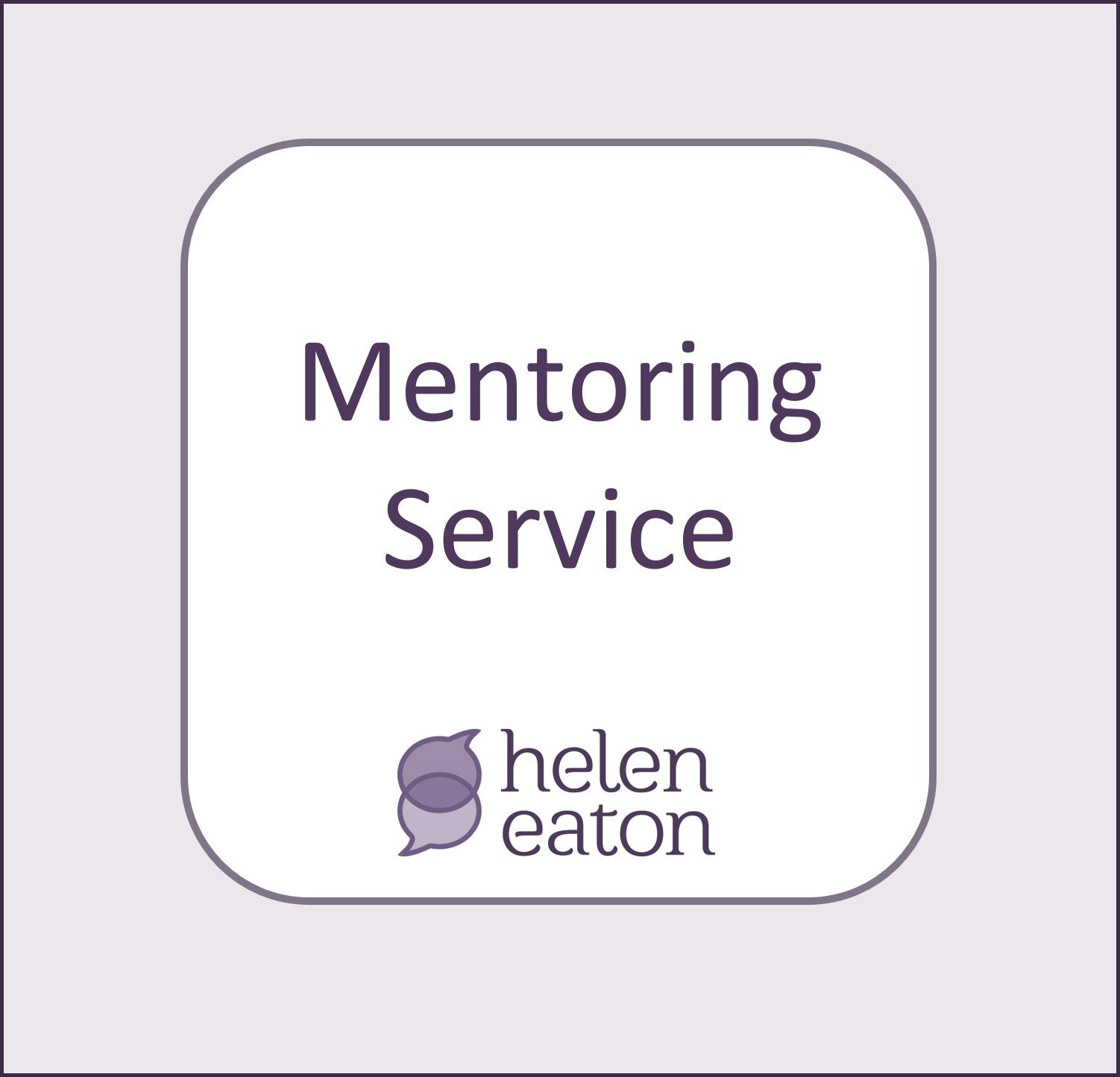Why we need to support and nurture Autistic children
Support and nurture Autistic children
Why we need to support and nurture Autistic children
The word Autism is all over the media; from supermarket quiet hours, to news reports about high pupil exclusion rates. Perhaps this article helps to explain ‘what all the fuss is about'.
I hope to show here why and how we can better support and nurture our Autistic children
There’s no doubt in my mind that there is currently a real and damaging lack of understanding and practical support for Autism.
If this continues, it blocks the potential of a group of children to develop essential skills and employability. It also increases the risk of unhappiness, poor life choices, and mental health issues.
The changes everyone can make to help are not difficult or time consuming. They're about making small adjustments, being more accepting of differences and opening your mind to the strengths and skills of others.
Special in many ways
Autistic brains process and store information, emotions and sensory input differently to typical brains. They’re often focussing on different details, thoughts and priorities to those around them.This gives each Autistic person a unique perspective on the world, leading to high levels of subject specialism, problem solving, innovation, and creative thinking.
Sadly, many parents resist acknowledging their child’s Autistic traits and difficulties, perhaps fearing their child will be treated unfairly, or the challenges magnified by naming them. This often leaves that child not understanding why they’re struggling and may restrict access to resources and strategies which could help.
Being Autistic does not mean the person has impaired intellect. However, some Autistic children may have additional physical needs, diagnoses or learning difficulties, which is why they need care or supported living arrangements throughout their lives.
Whilst just a tiny percentage are the savants that occasionally make headline news, I think all Autistic children are amazing. Most have an ability to learn their favourite topic in microscopic detail, or to spot patterns, errors and detail others wouldn’t notice. They may have the capacity to hyper-focus, complete repetitive tasks consistently or to specialise in complex subjects. All important skills for so many careers. They’re also fun, quirky and interesting little people to spend time with.
Looking ahead
As parents we have hopes for our children’s futures:
·Independence
·Life skills and employability
·Positive relationships
·Happy and healthy lives
A lack of understanding and support for Autism makes the journey significantly harder.
Our increasingly complex world can feel incredibly hectic and overwhelming for Autistic brains. They seem designed to focus on a limited range of activity, people and inputs at any given time. Sometimes just functioning and getting the day to day stuff done can be challenging. An overwhelmed Autistic person may have an explosive response, known as a meltdown. They may retreat from the world by shutting down, or they may panic and fight or run away. They are simply trying to reset an overloaded brain and regain calm and control.
I think we’d all benefit from recognising our lives have become too complex, over stimulating and pressured. Recognising the impact these things have on Autistic people is key to understanding their behaviour and offering support.
Vulnerability
Autistic children often stand out from the crowd. They may never, ever change their hair styles or choice of clothes, or may defy all conventional norms with their appearance. They may talk excessively about their favourite topic or prefer to not talk much at all. They may avoid social events and stand on the edge of groups. They might be at the heart of parties, merrily throwing out the occasional social faux pas or uncomfortably honest comment.
It’s easy to see that with society’s current obsession of conforming to the standards of social media stars and distorted social expectations, these differences can seem hugely amplified. I find there is less tolerance in recent years for individualism and many are rejected and called odd, weird or worthless by their peers. Being different from a group is too often seen as being flawed.
The hard truth is that Autistic children are vulnerable to bullying, exclusion by peers and at risk of being led astray.
If you are bullied and rejected in childhood, and your
school or family fails to support your needs, there’s a good chance you might
give up trying. This could be giving up on education, relationships, trying to find
a place in the world and sometimes even life itself.
Support and Nurture
Autistic children do need an additional level of support and the key elements for success include:
·Safety and comfort
·Anxiety management strategies
·Supporting change and new experiences
·Developing emotional awareness
Safety and comfort are particularly key for Autistic children.
Being sensory overwhelmed is distracting and creates a sense of panic within the mind and body. Autistic people often over-feel every day sensations, such as labels on clothes, loud noises, smells, and even a light touch can feel painful. Some sensory input is missed, or they may seek sensory input as stimulation, such as constantly chewing or touching everything. It really is a unique mix for every Autistic individual. I can’t bear the smell of diesel fumes, some washing up liquids and stale milk. For me the worst sensation is spinning or being upside down, to the point that I feel nauseous, can’t think of anything else and may even panic.
Allowing sensory blockers, such as headphones or comfort items are easy solutions. It’s best to work with each indicdual to find out what can help.
Anxiety levels generally run high
It’s essential to create an environment where anxiety is openly addressed, and positive coping strategies put in place. Quiet, solitude and time to process change and emotions are essential. Busy home lives and schools limit the opportunity for these things.
The pace of the secondary school day is often frenetic, and every thirty minutes or so a child must walk into a different classroom environment, where it may be hotter, noisier, or smellier than the last. They need to adjust to the sensory changes. Sitting and a working with a different group of pupils each time requires lots of active social thinking, which is exhausting. Break times can be lonely and an opportunity for bullies to pounce. There is no often no space to recover or rest during the day.
Timetable adjustments and quiet learning environments, even if it’s for just one lesson a day, can make all the difference. A safe space to retreat to at home or school is a real asset.
Support, such as counselling or mentoring, can help deal with common pressures, such as feeling the need to conform, striving for perfectionism, and bullying. It also can help prevent making poor life choices, joining less positive social groups, or developing addictions as a coping mechanism. It's worth noting that accessing these services is incredibly difficult right now, with children facing waits of up to three years, as demand is high and resources low.
Supporting change and new experiences
Autistic minds benefit from reassuring constants and known patterns and sequences, as changes can take time to process and feel safe. If there’s a risk that something new might be extremely unpleasant to experience, Autistic children can resort to very vocal and physical strategies to avoid it. Even trying a new food can create panic.
As the parts of the brain responsible for communication and social behaviour also develop differently, social demands and expectations can be tricky to understand and exhausting to navigate. Being in constant fear about what might happen next and misunderstanding what others want from you can create a whirl of panicked responses. Providing clear explanations and information to fill in any gaps in understanding can be helpful.
Big emotions can run riot
Explicit teaching about emotions and emotional intelligence is crucial. This includes understanding and regulating your own emotions, along with recognising and relating to the emotions of others. They don’t necessarily lack empathy but may struggle to initially recognise and respond appropriately to another person’s emotions. Social niceties and the emotional state of others may even be relatively unimportant for some Autistic people, who prefer to focus on achieving tasks rather than building relationships. Most just want to be loved just like everybody else.
Studies suggest Autistic people feel emotions to much greater degrees, yet may struggle to name and manage them. Even positive emotions can be frightening. There's nothing quite so marvellous, though, as being loved and hugged by an Autistic child, and being able to share their overwhelming sense of joy and happiness when doing something they enjoy.
Planning for success
I believe my own children have been on journeys, adventures and tried many new things because they feel secure and supported. They have at times been reluctant, fearful and typically teenage in their responses. However, they are able, in their own way and time, to talk about anxieties and what they need from us to succeed. We help to stretch their world to incorporate and experience new things and are ready shrink it back a little when needed.
They’re children. All children deserve to feel safe and able to achieve.
Autistic children deserve it. The world we’ve all created can be very challenging for them to navigate. It doesn’t seem fair to abandon them to it, without guidance and support, and to deprive them of the opportunities to flourish and be happy.
by Helen Eaton
Through her work, Helen Eaton (MSc, PGCE) has gained a fascinating insight into both lifelong education and the workplace. She combines over 20 years’ experience delivering management training to the UK’s leading IT and Finance companies with a passion for education and a teaching qualification. Now specialising in Neurodiversity, she has worked with many families and professionals, promoting the importance of understanding and supporting Autism and Specific Learning Difficulties. Most importantly, she has a Neurodivergent family and rejoices in the uniqueness of their Autistic, ADHD and Dyslexic minds.
If you reproduce or share this work please acknowledge the source and the author.









